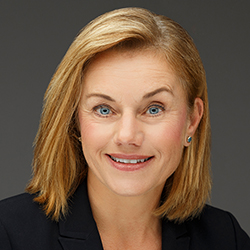Israel-based start-up Binah’s CEO David Maman predicts screening technologies that detect vital signs in real time will be in high demand in the post-pandemic economy.
David Maman, co-founder and CEO of Israel-based digital health company Binah.ai predicts the demand for vital sign monitoring technology will continue its acceleration into hospitals and health systems. But it will also reach into other areas of public life such as airports, food manufacturing plants, offices and other workplaces to thwart the ongoing threat of coronavirus.
“This is the next generation of business continuity, making sure that the health of the workforce is not being infected,” Maman told Medtech Insight.
Binah.ai’s plethysmography technology is used to detect slight changes in facial coloring to measure vital signs – heart rate, oxygen saturation, respiratory rate, stress level and heart rate variability – within seconds or minutes simply by scanning one’s cheeks with a camera. The company’s business model calls for software development kit companies to embed its technology into their platform.
Maman said his focus is to bring the technology into the health care space. Telemedicine has long been held back by regulatory restrictions in Europe and the US, but the threat of COVID-19 has led to a regulatory pull-back by various governments. This has opened the floodgates for telemedicine companies, and like many others in this space, Binah.ai is also now racing to gain permission from regulators in Europe, Canada and the US to bring their technology to market. (Also see “Telehealth Sees Skyrocketing Demand Amid Regulatory Expansion, Hopes To Last Beyond COVID-19 Crisis” – Medtech Insight, 23 Mar, 2020.)
COVID-19 Screening
The app made its way into the hospital this month and is being used by triage nurses to screen emergency-room patients for symptoms. The nurse holds a smartphone in front of a patient’s face to measure for heart rate, respiratory rate and oxygen saturation in the blood.
Separately, the Côte-des-Neiges hospital will use the app in its COVID-19 wards for patients to monitor their vital signs and reduce the frequency of nurses entering the rooms and being exposed to the disease.
The third use of the app will be patients monitoring symptoms at home. Maman said the app has been tested against medical-grade accuracy on-site at the hospital and shown early positive results, which were shared with the Quebec Health Ministry. He could not give details on how many patients have been screened with the app thus far in the hospital.
Post-Pandemic Screening
Maman believes that the COVID-19 crisis will pave the way for continued health self-assessment using monitoring tools.
“This pandemic will build trust for telemedicine services,” he said. Until now, people did not feel comfortable using telemedicine. “They want to see the doctor, they want to feel the hand of the doctor, they want to feel confident. This is a key traumatic point in our history where telemedicine undoubtedly will suppress classical and traditional medical services within the next 18 to 24 months.”
“This is a key traumatic point in our history where telemedicine undoubtedly will suppress classical and traditional medical services within the next 18 to 24 months.” – David Maman
He noted that before the crisis hit, in Israel, people on average had 50,000 to 80,000 telemedicine sessions a month. That compares to more than 800,000 telemedicine sessions conducted last month.
Screening technologies will play an increasingly important role to keep the public safe, even beyond the epidemic, he predicted.
Maman said he recently spoke to an executive of a major airline who told him that just as 9-11 caused massive changes in screening travelers, the COVID-19 epidemic is also going to bring lasting change.
The US Transportation Security Administration (TSA) has already made adjustments at security screening checkpoints, including increased social distancing, routine disinfecting, as well as consolidated screening checkpoints to adjust for the drop in the number of flights and passengers.
Maman said in the future, there will likely be three checkpoints where passengers are going to have health screenings, possibly using Binah.ai’s technology, before they can board a plane: at the entrance of the airport, at check-in and at the gate.
“Body temperature is among the top three concerns, but also oxygen saturation and respiration rate,” he said. “They know, if I am a COVID-infected person and I have a high temperature, if I take two Advil or two Tylenol an hour and a half before my flight, when I get to the airport, the temperature will be low. But the oxygen saturation will still be low as a key indicator [that someone is sick].” Binah.ai’s app does not currently measure body temperature.
Maman said he is talking to several industries about how they can use Binah.ai’s technology to keep employees and consumers safe in the new post-COVID-19 economy.
“We have to work much faster to provide the ability to have more scanning capability to provide additional features as fast as possible in order to support the growth of remote monitoring,” he said. By year-end, Maman hopes to add blood pressure, body temperature and hemoglobin level measurements to Binah.ai’s technology platform.

 close
close

